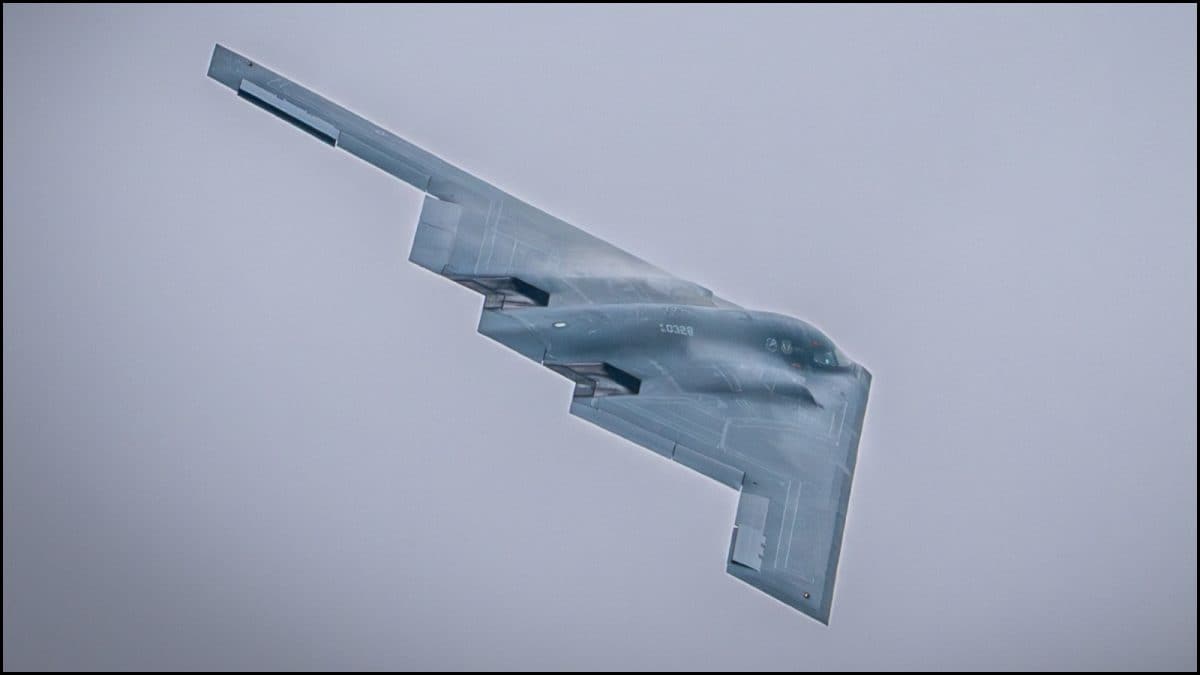ARTICLE AD BOX

This is an AI-generated image, used for representational purposes only.
Factory activity across many Asian economies shrank in June, dragged down by persistent uncertainty over US tariffs and weak global demand, even as a few countries like Japan and India showed signs of resilience, Reuters reported, citing private surveys.In China, the Caixin/S&P Global manufacturing PMI rose unexpectedly to 50.4 in June from 48.3 in May, signalling a marginal expansion. The improvement was driven by a rise in new orders. However, Wang Zhe, senior economist at Caixin Insight Group, was quoted by Reuters and cautioned, “The external environment remains severe and complex… The issue of insufficient effective demand at home has yet to be fundamentally resolved.”The modest uptick in China’s private sector PMI stood in contrast to official data, which showed a third straight month of contraction, underscoring ongoing domestic challenges such as weak consumption, a prolonged real-estate crisis, and high local government debt, as highlighted in an earlier AFP report.Japan’s manufacturing sector, too, edged into expansion territory for the first time in over a year, with the final au Jibun Bank PMI at 50.1 in June.
However, demand conditions remained fragile. New orders shrank due to tariff uncertainty as US President Donald Trump continued to threaten fresh duties, including on Japanese rice and autos. “Trump has been shaking things up,” said Hideyuki Ishiguro of Nomura Asset Management, AFP reported, adding that tensions could undermine investor confidence in Japanese equities.South Korea’s factory activity contracted for the fifth straight month but at a slower pace, with its PMI at 48.7.
The easing came amid political clarity following a snap election earlier in June. However, industry and trade minister Ahn Duk-geun warned that "volatility in US tariff policy and economic recovery uncertainty are expected to persist in the second half," according to Reuters.Among Southeast Asian economies, conditions remained soft. Indonesia’s PMI dropped to 46.9, Vietnam’s to 48.9, and Taiwan’s to 47.2 in June. Malaysia’s PMI edged up slightly to 49.3 but remained in contraction territory, Reuters noted. Analysts believe policymakers in the region may now tilt more toward monetary easing. "With worries about growth having taken precedence over those about inflation… central banks in the region will continue to loosen monetary policy," said Shivaan Tandon of Capital Economics.India stood out as a rare outperformer. The country’s manufacturing PMI surged to a 14-month high of 58.4 in June, driven by strong international sales and record job creation.
According to Reuters, the robust activity reflects India's relative insulation from the tariff tensions roiling other export-heavy Asian economies.Meanwhile, broader market sentiment remained volatile. While Asian stocks mostly gained on hopes of US trade deals ahead of the July 9 tariff deadline, Tokyo’s Nikkei fell 1% after Trump’s renewed tariff threats. The US dollar also weakened on speculation that the Federal Reserve could cut interest rates multiple times this year.As trade negotiations between the US and several Asian partners intensify, the stakes are growing. More than a dozen countries are racing to secure deals before the White House's deadline to prevent automatic tariff hikes. Still, with fragile recoveries, sliding PMIs, and complex geopolitical crosscurrents, Asia’s manufacturing sector may continue to face headwinds through the rest of 2025.



.png)
.png)
.png)
















 6 hours ago
3
6 hours ago
3









 English (US) ·
English (US) ·